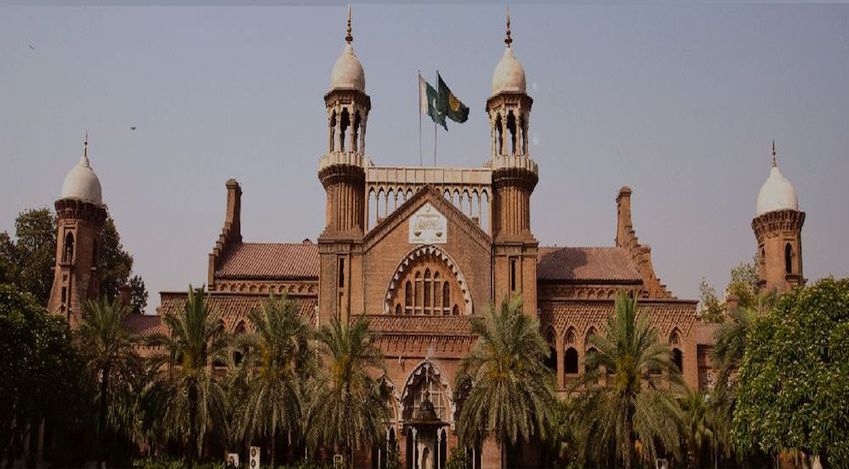Failure to comply with a Conditional Decree in a Specific Performance suit leads to Automatic Rescission of the Agreement --- Lahore High Court, Lahore
Islamabad 27-02-2025: The Lahore High Court (LHC) has dismissed [Civil Revision No. 17850/2019] and [Civil Revision No. 17857/2019], ruling that failure to comply with a conditional decree in a specific performance suit leads to automatic rescission of the agreement.
The petitions filed challenging the dismissal of his appeals against the trial Court’s decree, which required him to deposit the balance sale consideration within 30 days. The trial Court had decreed the suit for specific performance but explicitly stated that failure to deposit the amount within the stipulated period would result in the agreement being deemed rescinded.
The Court reaffirmed that conditional decrees in specific performance suits must be complied with in full. The judgment emphasized that if a decree provides for automatic rescission upon non-compliance, it becomes final, leaving no room for discretionary relief.
The Petitioner had argued that filing an appeal against the decree meant that the condition to deposit the balance sale consideration was suspended. The Court rejected this argument, holding that an appeal does not automatically suspend a conditional decree unless a stay order is specifically obtained.
- Tasneem Ismail Vs. M/s Wafi Associates (2007 SCMR 1464)
- Shah Wali Vs. Ghulam Din (PLD 1966 SC 983)
The Court observed that in cases where the decree clearly stipulates consequences for non-compliance, it is self-executing, and no further action is required by the opposing party.
The Petitioner contended that the defendant was required to apply for rescission of the contract under Section 35(c) of the Specific Relief Act, 1877. However, the Court clarified that when a decree itself states that the agreement shall be deemed rescinded upon failure to comply, the judgment debtor has no duty to seek formal rescission.
The Petitioner also sought an extension of time to deposit the balance amount. However, the Court ruled that time for payment cannot be extended where the decree explicitly provides for automatic rescission.
- Shabbir Ahmed Vs. Zahoor Bibi (PLD 2004 SC 790)
- Tasneem Ismail (2007 SCMR 1464)
The judgment stressed that Courts may extend time only in cases where the decree does not specify automatic rescission.
The Court took note of the Petitioner’s conduct, highlighting that he had delayed the proceedings for years and failed to demonstrate genuine readiness and willingness to complete the transaction. Despite being granted multiple opportunities to deposit the amount, he continued to seek adjournments, ultimately leading to the dismissal of his appeals.
After considering the legal arguments and precedents, the Lahore High Court dismissed both Civil Revisions, holding that the petitioner had failed to meet the decree’s conditions and was therefore not entitled to equitable relief.
Mr. Justice Anwaar Hussain authored the judgment, reaffirming the principle that specific performance is a discretionary remedy, and Courts will not grant relief to a party who fails to fulfill their own contractual obligations.
The ruling sets a strong precedent for the enforcement of conditional decrees in specific performance cases. It underscores that:
- Appeals do not automatically suspend the conditions of a decree.
- Failure to comply with a conditional decree leads to automatic rescission.
Time extensions for payment cannot be granted where the decree explicitly states consequences for non-payment.
Powered by Froala Editor








